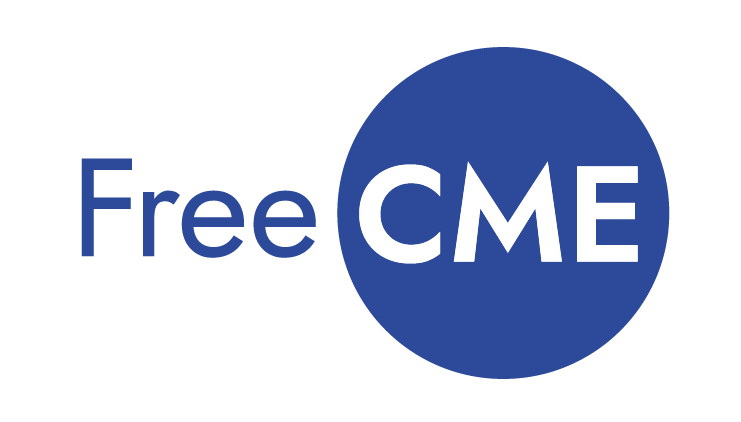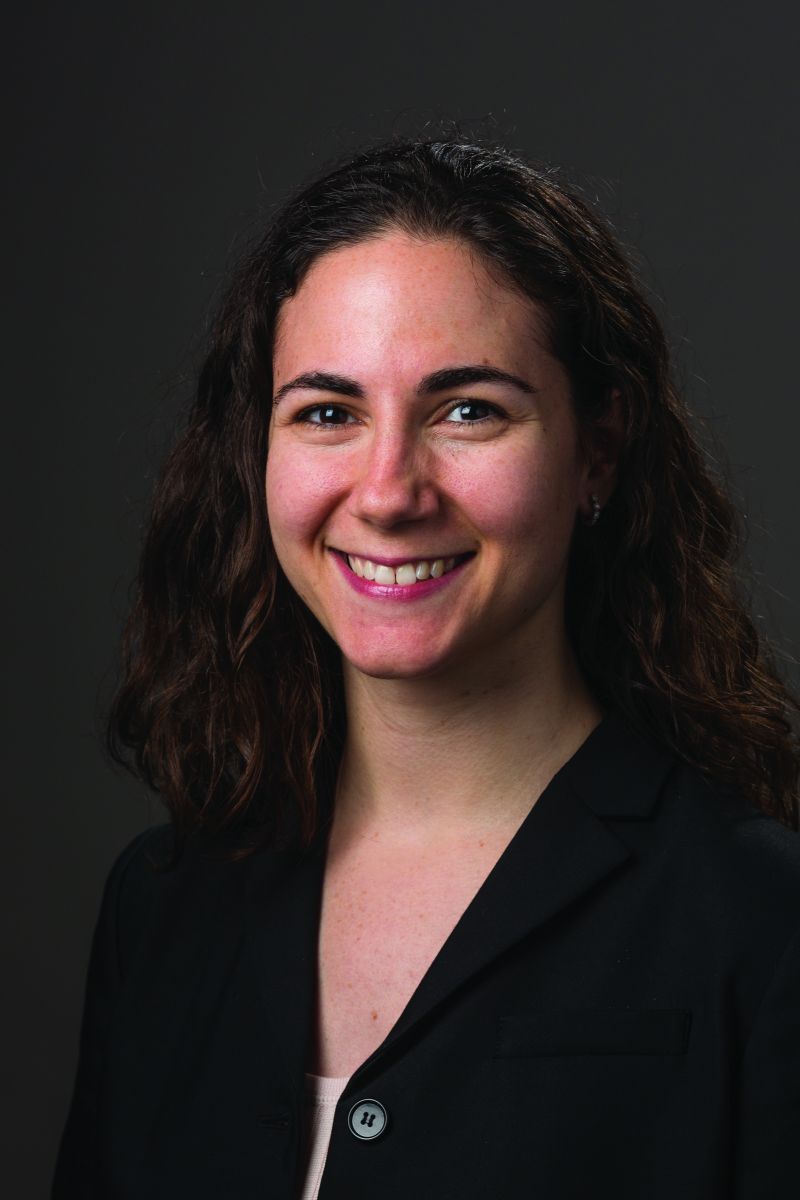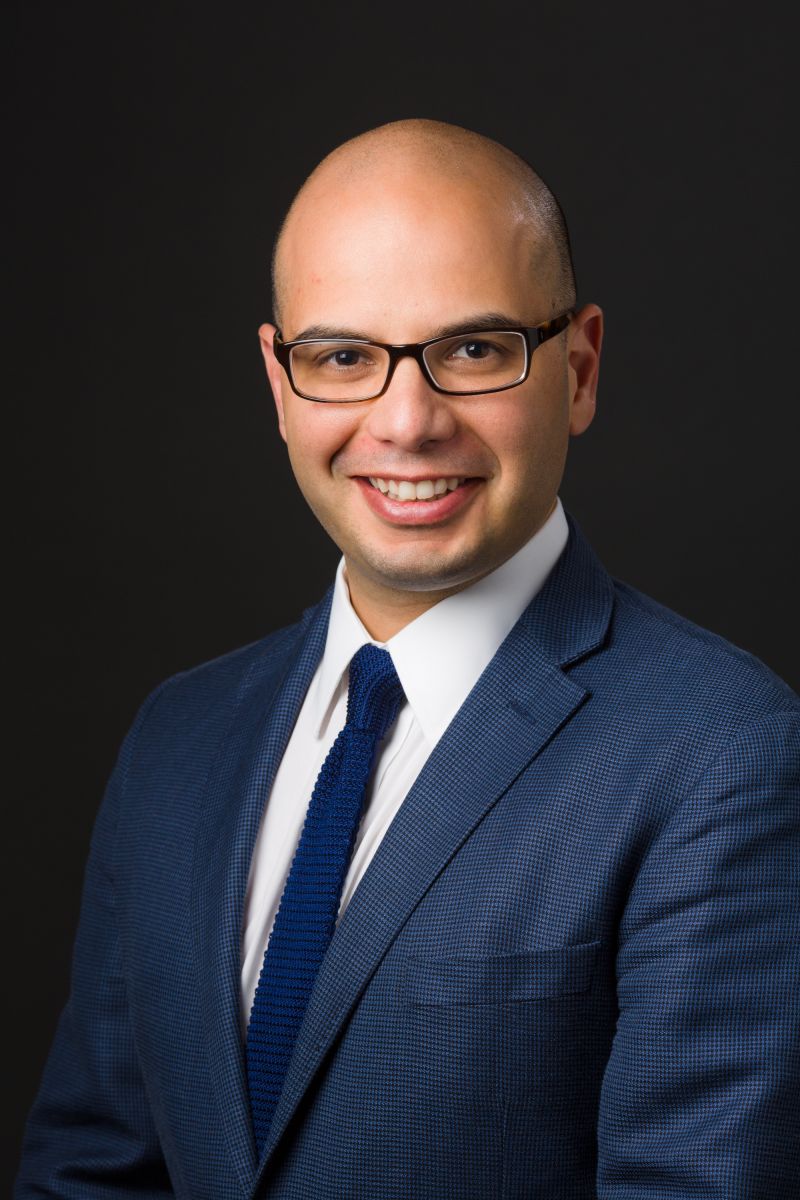Follow Us:

The intended audience for the activity is medical oncologists, pulmonologists, and other health care professionals involved in the treatment of patients with non-small-cell lung cancer (NSCLC).
NSCLC
 Roy S. Herbst, MD, PhD, is the Ensign Professor of Medicine, Professor of Pharmacology, Chief of Medical Oncology, Director of the Thoracic Oncology Research Program, and Associate Director for Translational Research at the Yale Cancer Center (YCC) and Yale School of Medicine in New Haven, CT.Dr. Herbst earned a BS and MS degree from Yale University. He earned his MD at Cornell University Medical College and his PhD in molecular cell biology at The Rockefeller University in New York City, NY. His postgraduate training included an internship and residency in medicine at Brigham and Women's Hospital in Boston, MA. His clinical fellowships in medicine and hematology were completed at the Dana-Farber Cancer Institute and Brigham and Women's Hospital, respectively. Subsequently, Dr. Herbst completed a MS degree in clinical translational research at Harvard University in Cambridge, MA.
Roy S. Herbst, MD, PhD, is the Ensign Professor of Medicine, Professor of Pharmacology, Chief of Medical Oncology, Director of the Thoracic Oncology Research Program, and Associate Director for Translational Research at the Yale Cancer Center (YCC) and Yale School of Medicine in New Haven, CT.Dr. Herbst earned a BS and MS degree from Yale University. He earned his MD at Cornell University Medical College and his PhD in molecular cell biology at The Rockefeller University in New York City, NY. His postgraduate training included an internship and residency in medicine at Brigham and Women's Hospital in Boston, MA. His clinical fellowships in medicine and hematology were completed at the Dana-Farber Cancer Institute and Brigham and Women's Hospital, respectively. Subsequently, Dr. Herbst completed a MS degree in clinical translational research at Harvard University in Cambridge, MA. Sarah B. Goldberg, MD, MPH, received her medical degree (MD) from Mount Sinai School of Medicine; completed her internal medicine residency at Massachusetts General Hospital; and completed her fellowship in medical oncology at Dana-Farber Cancer Institute and Massachusetts General Hospital. She also received her master of public health (MPH) in clinical effectiveness from Harvard University.
Sarah B. Goldberg, MD, MPH, received her medical degree (MD) from Mount Sinai School of Medicine; completed her internal medicine residency at Massachusetts General Hospital; and completed her fellowship in medical oncology at Dana-Farber Cancer Institute and Massachusetts General Hospital. She also received her master of public health (MPH) in clinical effectiveness from Harvard University. Clinical Instructor in Thoracic Oncology
Clinical Instructor in Thoracic Oncology| 1. | Utilize biomarkers to guide treatment selection to improve outcomes in patients with NSCLC. | 2. | Apply efficacy and safety data of new and emerging agents to optimize the treatment of NSCLC. |
| 3. | Recognize potential toxicities associated with new and emerging agents for NSCLC and educate patients about possible adverse effects to improve adherence and quality of life. |
| 1. | Utilize biomarkers to guide treatment selection to improve outcomes in patients with NSCLC. |
| 2. | Apply efficacy and safety data of new and emerging agents to optimize the treatment of NSCLC. |
| 3. | Recognize potential toxicities associated with new and emerging agents for NSCLC and educate patients about possible adverse effects to improve adherence and quality of life. |

| Supported Browsers: Internet Explorer 9.0+ for Windows 2003, Vista, XP, Windows 7, Windows 8.1 Google Chrome 28.0+ for Windows, Mac OS, or Linux Mozilla Firefox 23.0+ for Windows, Mac OS, or Linux Safari 6.0+ for Mac OSX 10.7 and above | Supported Phones & Tablets: Android 4.0.3 and above iPhone/iPad with iOS 6.1 or above. |
